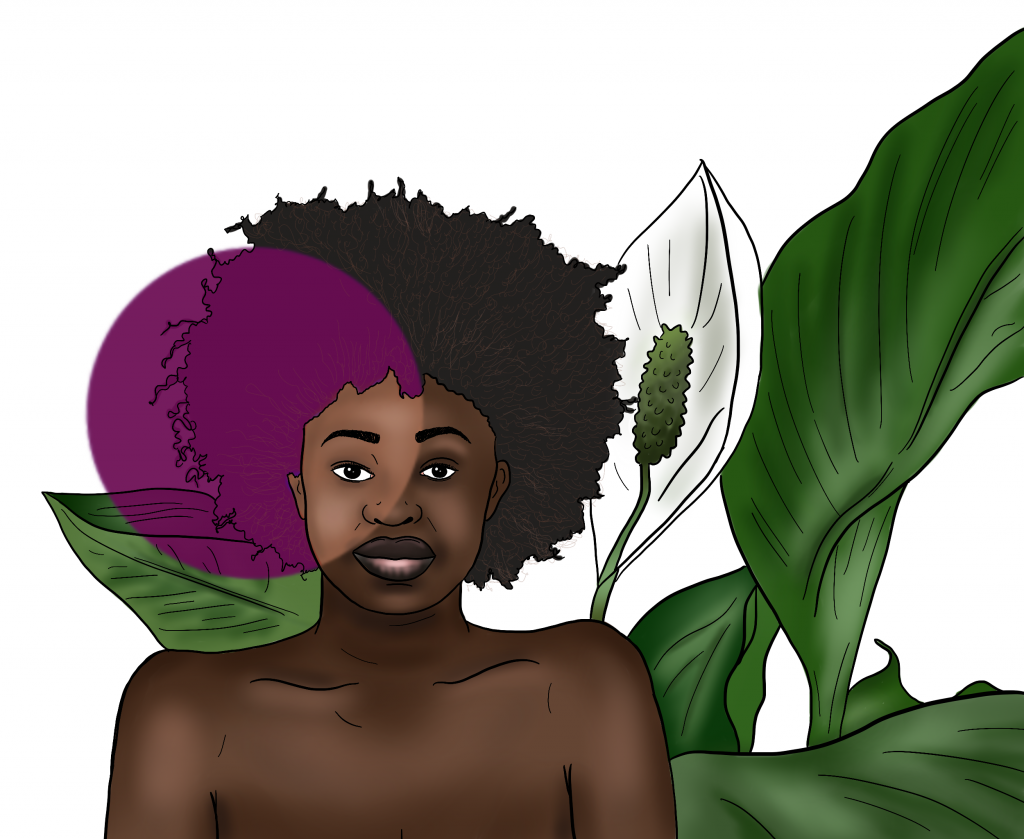Online Gender-based Violence

Background:
Many internet freedom advocates agree that women and sexual minorities are victims of harassment, doxxing, revenge porn and other pervasive forms of online gender based violence. However, we are yet to fully understand the impact online gender based violence has on women in Africa. Currently, there is a lack of robust baseline data coupled with insufficient legal and policy protections in many countries across the continent. Often, this leads to a detachment from the culpability of internet platforms and their failing redress mechanism.
Our research seeks to fill this gap: we want to research the prevalence of online-based violence against women in Africa, specifically Kenya, South Africa, and Senegal to provide a baseline for these countries. These countries rank higher on indices for democracy, high internet coverage and relevant/active online communities. We want to supplement this baseline understanding by looking at the existing and/or lacking legal and policy protections afforded to women and look at the accountability and redress mechanism provided by platforms and social media sites to cases coming from these countries.
Kenya has a population of almost 50 million people and it has close to 46 million mobile subscribers. Mobile Internet subscribers in Kenya are over 41 million. The Kenyan Communication Authority and the telecom providers do not provide gender disaggregated data so it is very difficult to fully understand how many of those subscribers are women. However, as more women connect, they are exposed to technology-enabled sexual violence.One in five Kenyan women says they have previously been harassed online. Unfortunately, this is not unique to Kenya. All of the case countries share a similar situation where women are disproportionately harassed online even though they are a minority online.
Similarly, in a recent survey conducted by Pollicy in Uganda, twenty-two percent of women surveyed claimed to have been a victim of cyberbullying, whereas 12% of women were unsure. The survey went on to ask women who had been victims of cyberbullying about how they responded to the situation. 22% responded that they ignored their perpetrator while 37% said that they blocked them. 13% reacted by changing their phone number or accounts altogether. Only 5% of victims reported the matter to the police.
More women are online now than ever before. Private information, such as photos and videos, are leaked onto social media without women’s consent. Women are often victims of harassment, stalking and cyberbullying but the extent of this violence is unknown as most cases go unreported. In a bizarre turn of events, women who have been victims of revenge porn have been arrested under the orders of the Minister of Ethics in Uganda. There is little to no data on this topic in Senegal. South Africa continues to have high levels of gender-based and intimate partner violence, much of which has spilled into the online sphere, and then circling back into the physical world. Between 25% and 40% of South African women have experienced sexual and/or physical IPV in their lifetime, however we are unsure of what these rates look like for online GBV. There is a major gap in knowledge across the African continent and as such, a gap in data needed to make evidence-based policy to protect women and punish perpetrators of online violence against women.
This research aims to target geographically and culturally distinct countries with varied languages and traditions to understand a board range of issues affect women across the continent. The countries are selected based on high rates of internet access and connectivity Senegal (60%), South Africa (64%) and Kenya (85%) and and are either ranked free or partly free in Freedom House’s Democracy Scale.
Research Purpose:
To document the incidence and experiences of online gender-based violence in specific African countries with relatively high internet access
Research Questions:
What is the online experience for women living in the case countries?
How prevalent is online gender-based violence in the case study countries?
What policies and laws exist to protect women and sexual minorities in these countries?
How do social media platforms and intermediaries respond to online gender-based violence against the group in these countries?
What practices do women in these countries undertake to tackle issues of online GBV?
